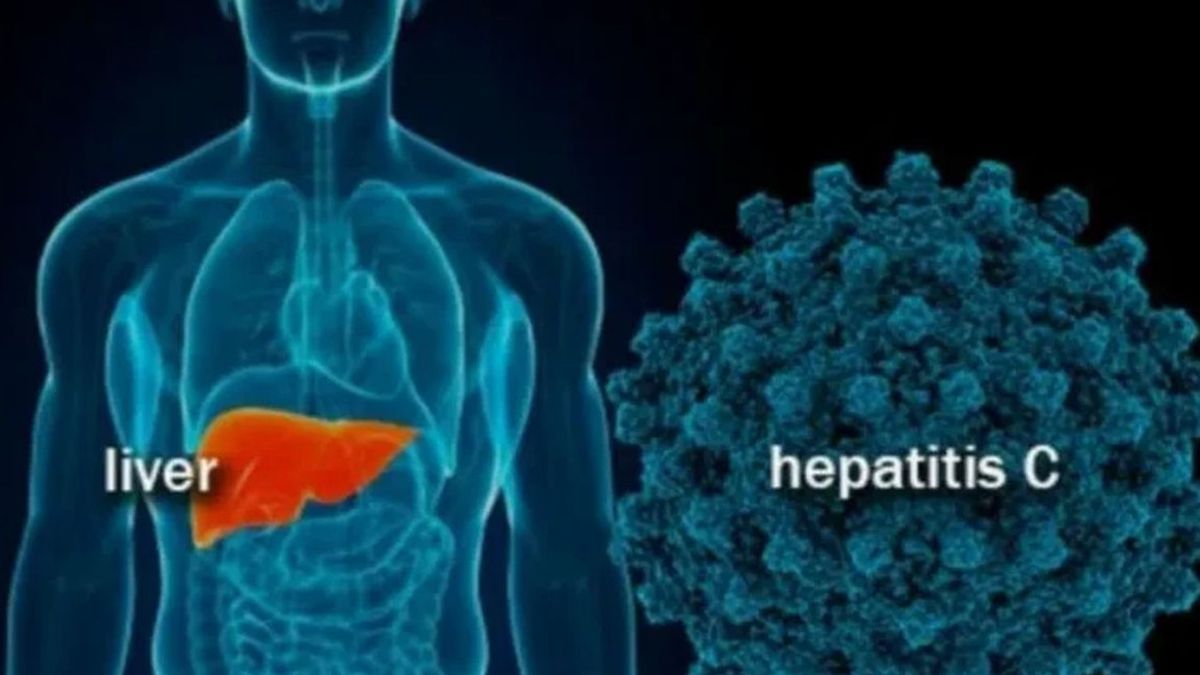
JAKARTA - The professor who is also a Pediatrician, Gastro-Hepatology Sub Specialist, FKUI-RSCM, Hanifah Oswari, said that there are phases that can be recognized as symptoms of Severe Acute Hepatitis.
"In the initial phase, patients experience diarrhea, nausea and vomiting, fever, and respiratory problems. When entering the advanced phase, there is a yellowish discoloration of the skin or eyes," said Hanifah in a statement, quoted by Antara, Monday, May 23.
Furthermore, she said the patient experienced concentrated urination or pale stools, and also experienced seizures. In the last phase, the patient loses consciousness.
So far, scientists have found the presence of Adenovirus type 41 in the blood of the suspects. This virus and SARS-CoV-2 are thought to be one of the most likely causes of Severe Acute Hepatitis. Adenovirus is a virus commonly found in cases of vomiting and diarrhea, but it is not known if it can cause Hepatitis.
Departing from these findings, scientists state six hypotheses that cause Severe Acute Hepatitis. First, due to rarely being exposed to Adenovirus during a pandemic. Second, due to mutation of the new variant Adenovirus.
Third, is the SARS-CoV-2 post-infection syndrome. Fourth, due to drug/environment exposure. Fifth, the presence of new pathogens. Sixth, caused by a new variant of SARS-CoV-2.
FKUI Microbiology Specialist, Dr. dr. Budiman Bela, SpMK(K) explained that it is necessary to examine the possible causes of the disease according to the clinical symptoms found. He denied that there was a correlation between the Covid-19 vaccine and cases of Acute Hepatitis.
SEE ALSO:
The majority of patients were aged 3-5 years and most of them did not receive the Covid-19 vaccine. What's more, the Adenovirus associated with most cases is Adenovirus Type 41, which is different from that used in some Covid-19 vaccines.
Therefore, there is no proven correlation between the Covid-19 vaccine and cases of Severe Acute Hepatitis.
Severe Acute Hepatitis can be transmitted through the mouth from objects, food, or drinks that are contaminated with the feces of a person infected with the virus and the respiratory tract.
There are three aspects that trigger the occurrence of disease, namely the patient, the cause, and the environment. Factors from the patient include knowledge and behavior, personal hygiene, immunity and body nutrition, as well as a history of infection and vaccination. Disease-causing factors such as bacteria, viruses, and parasites affect the patient's factor.
Meanwhile, environmental factors can be in the form of case contacts, area, sanitation, clean water facilities, and food processing. Regarding environmental factors, the policies of each country have a big role in creating a healthy environment.
The English, Chinese, Japanese, Arabic, and French versions are automatically generated by the AI. So there may still be inaccuracies in translating, please always see Indonesian as our main language. (system supported by DigitalSiber.id)












